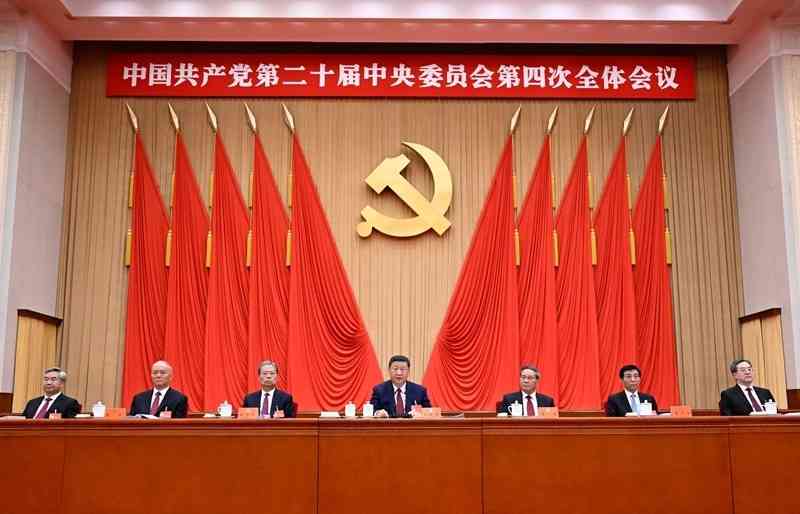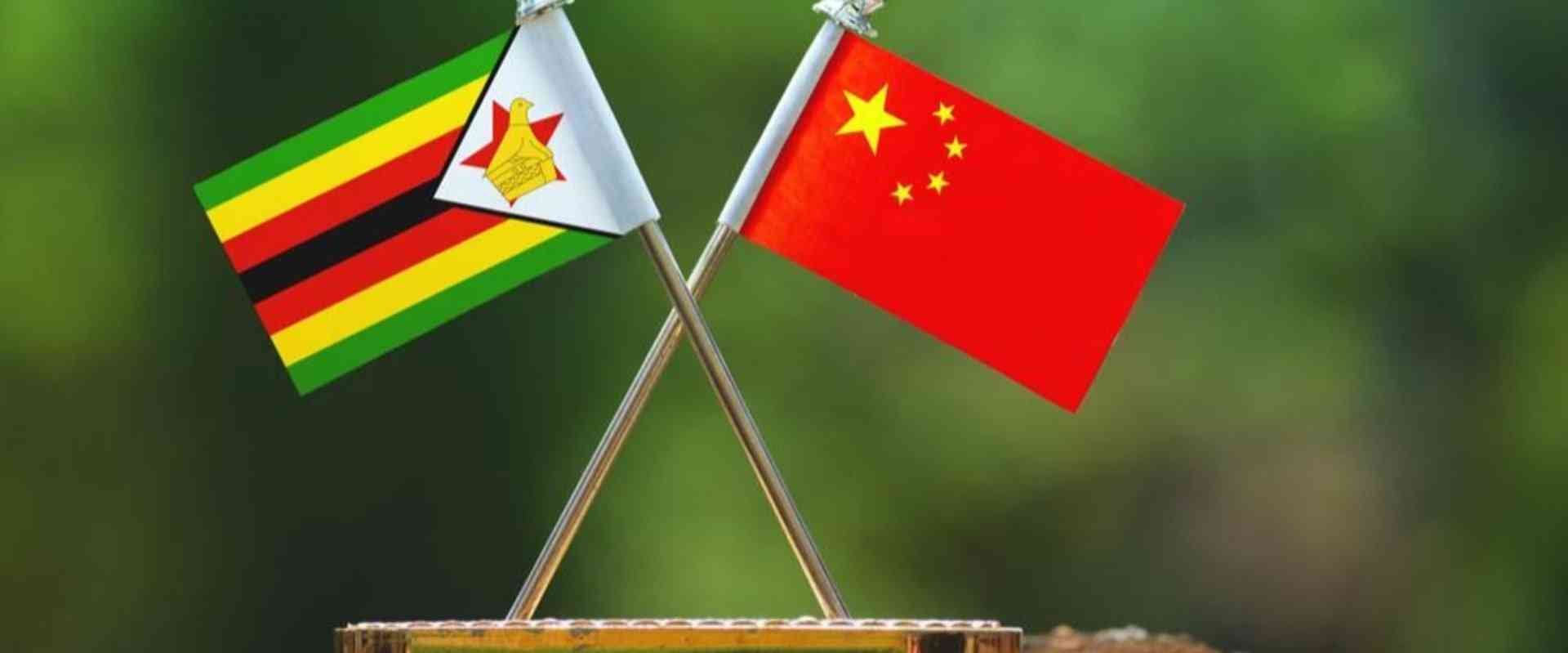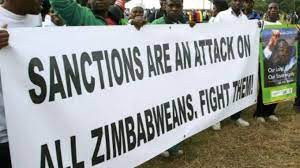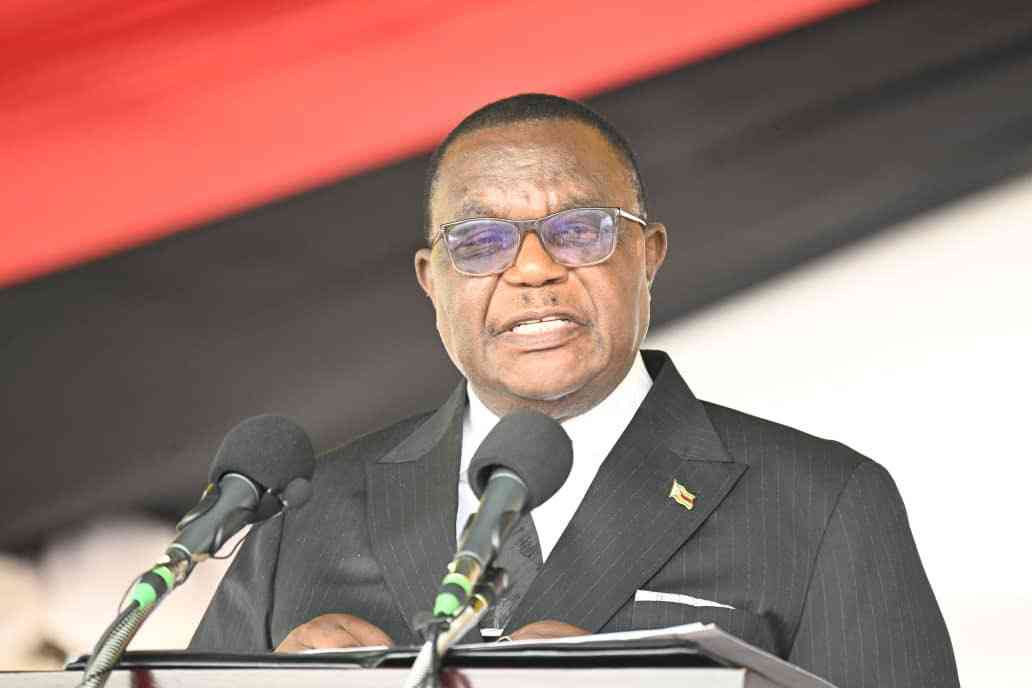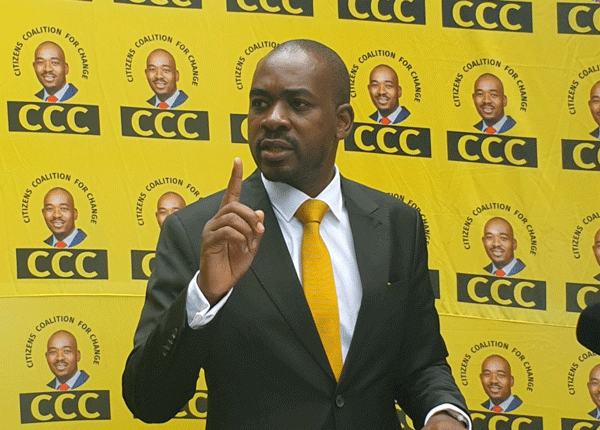
Slightly into the second week of last month, CCC’s Nelson Chamisa said something that, by the end of the same month, he was already contradicting, practically.
In the first instance, he was in Chinhoyi to wow up his supporters. He said something that, I must say, was unsurprising but painfully reckless all the same. He said, come rain or thunder, reforms or no reforms, he was going to win the 2023 elections. As usual, it was more about him than the party. Well, you can’t be confident that “party” is the right noun for CCC. Nobody seems to really know what it is.
In Zimbabwe, where elections are concerned, winning means one of two things, and hardly both. There is winning that refers to getting more votes than the others. Then there is winning that means getting power after an election.
The second type of winning hardly has anything to do with the first type of winning.
If you ask me, Morgan Tsvangirai beat the late Robert Mugabe in March 2008. He won the ballots in sufficient numbers to also win the power. Anyone who still believes he didn’t get the at least 50% plus one that the law stipulates must just jump into the sea and follow the legion of swine. It wasn’t just the Freudian slip when, towards the end of his reign, Mugabe mumbled something about Tsvangirai getting 73% of the votes.
But Tsvangirai didn’t win in the second sense, the sense that matters most. He didn’t get the political power.
The picture is not that clear in 2013, not as it was in 2008 when it took them a whole month, 24/7, to hassle the figures around and nip Tsvangirai’s ballots like sorghum heads. 2013 was the year of Nikuv. We heard lots about how that company worked with the RG’s office to do ghost voters and what, what. Zanu PF and Mugabe wins were mysterious, seeing as it is they were “landslides”.
But the likes of Tendai Biti worsened the mystery of the elections. Instead of blaming the MDC non-win of both the ballots and power on Nikuv, Biti and gang started saying things about how bad a leader Tsvangirai had been. They went and formed another party but it doesn’t look like good leadership followed them there.
- News in depth: Fears of violent 2023 polls grow as ED fails to deliver on promises
- Chamisa party defiant after ban
- Letter to my people: Mthuli Ncube experiment has failed
- News in depth: Slain Moreblessing Ali’s family fears cover-up as children are forced into hiding
Keep Reading
Where are we? Oh ok, we are still on the two types of wins—or losses. In 2018, I’m betting my last cow that Chamisa actually beat Mnangagwa in the presidential poll. In the party polls, Zanu PF seems to still have an edge over the opposition. But Chamisa got the win that is useless in Zimbabwe, the votes win, not the power win.
One would have thought that this would make him a wiser and clever politician. But no, Chamisa is just happy getting those formless crowds following him wherever he goes. His tongue runs faster than his head on quite a number of turns. That’s why he was saying he would still win without reforms. In other words, he was saying reforms don’t matter, when he spoke in Chinhoyi.
This is the thing you don’t understand about Chamisa and the opposition. They just don’t learn. You can never win power in Zimbabwe without reforms. Chamisa, even though he was still wet on the nose, was there in 2002 when Mugabe and Tsvangirai first locked horns. Tsvangirai could probably have won both the ballots and the power back then.
But there were no reforms. Remember the generals ganging up and making that infamous statement about not going to salute a person without liberation war credentials, meaning Tsvangirai. That was rigging, of course, because the military was simply meddling in politics and getting around intimidating both Tsvangirai and the voters. And you can’t win the power where there are no reforms. That’s why some of us popped off the chair when, in Chinhoyi, Chamisa said reforms didn’t matter.
In 2013, Tsvangirai was warned not to go into elections without the requisite electoral, judicial, media, security sector and other reforms. Instead, he put both his hands in the pockets and boasted that his party would win no matter what.
Equally, the 2018 elections were done without the necessary reforms. Chamisa, for all I care, got the numbers and beat Mnangagwa. But the numbers are not the power. That’s why Mnangagwa is in power.
And you see this other thing about Chamisa? He is as fickle as a dry leaf in August. One day he is saying this thing, the other day he is sprinting in the opposite direction. Just this last week, he forgot that he had said reforms didn’t matter. He and his “convergence of citizens” launched an electoral reform blueprint. This time around, they are saying we need reforms to ensure our elections are legitimate, and that’s within a space of three weeks only after Chinhoyi.
This won’t help matters, really. To start with, this is a contradiction that would confuse the opposition supporters and other people who are watching and listening. Today, they are being told reforms don’t matter; tomorrow they are being told it’s reforms that matter.
This is as untidy as it is sad. Chamisa is taking advantage of a largely excitable crowd that just wants the Zanu PF government out, no matter what. Most of those people don’t care what he says, for as long as it’s him who has said it. That’s the Pentecostal effect I was talking about the other day.
Granted, Zimbabwe is now at that point where most people are saying we want change, no matter the colour or form. The Zanu PF guys have failed in 42 years and you don’t think they would succeed in bringing good things this time around. That’s where Chamisa is appealing. He represents a very good chance to remove the top leadership, even though you can’t definitively say CCC will get the majority vote in Parliament.
Number two, the timing to call for reforms is simply too naïve. You can’t get in eight months what you failed to look for and get in 60 months. After the last elections when Chamisa could not get a power win, the MDC got haggling about all sorts of things and completely forgot about reforms. They were busy scratching each other for Harvest House and a few dollars from treasury due to political parties with significant parliamentary representation.
Even when the CCC announced itself early this year and lied that it was a new political party, then later said it was not a party, it didn’t say a single word about reforms.
You can launch as many blueprints as you want about elections and call them by every letter of the alphabet, but that’s not what brings reforms in a set-up like ours.
The opposition is dealing with a political party and political thugs who not only think the sun shines through their bowels for having fought the white man, but know they have a lot to lose if they get out of power. The shadow of the 2017 coup haunts them and, you know it too well now, those dudes didn’t push Mugabe out to reform themselves out of power.
These are the people who will resist all meaningful reformation. And the situation is not made any easier by the fact that the opposition seems to think that fighting for reforms is a lunar park swing.
Tawanda Majoni is the national coordinator at Information for Development Trust (IDT) and writes in his personal capacity. He can be contacted on majonitt@gmail.com

